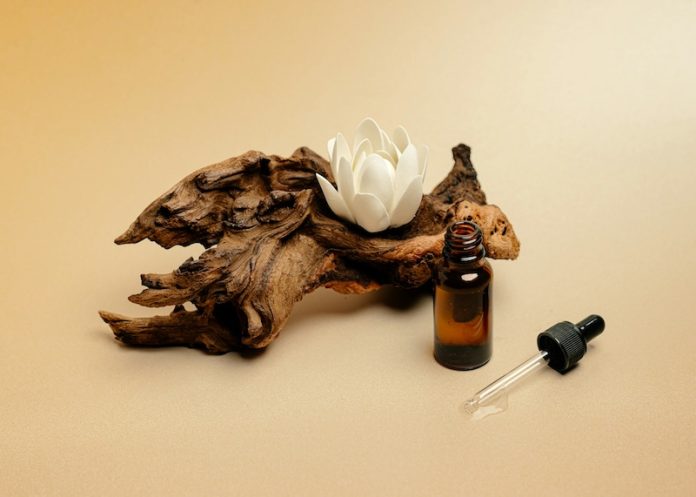
Stress is something we all experience, but when it sticks around for too long, it can take a toll on both our mental and physical health.
Chronic stress can lead to problems like trouble sleeping, feeling anxious, or even getting sick more often.
But what if there was a simple, natural way to ease that stress? Aromatherapy, the use of essential oils from plants, is gaining attention as a way to manage stress and promote relaxation.
Aromatherapy has been used for centuries in many cultures to help people feel calm and balanced. Essential oils, which are concentrated plant extracts, are usually inhaled or applied to the skin.
Some popular choices for stress relief include lavender, chamomile, and bergamot oils. These scents are believed to interact with your brain and nervous system, helping to calm your mind and body.
Scientific studies have started to back up the idea that aromatherapy can help reduce stress. For example, research published in Frontiers in Psychology found that inhaling lavender oil significantly lowered stress levels in participants compared to a control group.
Lavender is particularly famous for its soothing properties, and many studies show it helps people feel less anxious and sleep better.
Another study in the Journal of Alternative and Complementary Medicine tested bergamot essential oil.
Participants who inhaled this citrusy scent reported feeling less tense and more positive. Bergamot is thought to work by influencing the release of serotonin, a chemical in your brain that helps regulate mood.
Chamomile is another stress-busting superstar. A study in Phytomedicine looked at the effects of chamomile essential oil on people with chronic anxiety.
The results showed that regular use of chamomile oil reduced feelings of worry and promoted a sense of calm. Chamomile is often paired with relaxation routines like bedtime rituals because of its gentle, comforting scent.
How does aromatherapy work? Scientists believe the scent molecules in essential oils travel through your nose to your brain, where they interact with a part called the limbic system.
This area is responsible for emotions and memories, so certain scents can trigger calming or comforting feelings. Essential oils can also affect your body physically by lowering heart rate, reducing blood pressure, or easing muscle tension, which are all signs of stress relief.
The great thing about aromatherapy is that it’s easy to use. You can add a few drops of essential oil to a diffuser to fill your space with a calming aroma.
Some people prefer to add oils to a warm bath or mix them with a carrier oil, like coconut or almond oil, for a relaxing massage. Even carrying a small bottle of your favorite oil and taking a deep inhale during stressful moments can make a difference.
It’s important to note that while aromatherapy is generally safe, it’s not a substitute for medical treatments or professional therapy if you’re dealing with severe stress or anxiety.
Some essential oils can irritate sensitive skin or cause allergies, so always do a patch test and use them as directed. If you’re pregnant or have a medical condition, it’s a good idea to talk to your doctor before using essential oils.
Aromatherapy isn’t magic, but it can be a simple, enjoyable way to support your well-being. In a busy world where stress is all too common, taking a moment to pause, breathe, and enjoy a calming scent might be exactly what you need.
Why not give it a try? Whether it’s the floral softness of lavender, the sunny brightness of bergamot, or the gentle warmth of chamomile, the right scent might help you relax and feel more at peace.
If you care about health, please read studies that scientists find a core feature of depression and this metal in the brain strongly linked to depression.
For more information about health, please see recent studies about drug for mental health that may harm the brain, and results showing this therapy more effective than ketamine in treating severe depression.
Copyright © 2024 Knowridge Science Report. All rights reserved.



